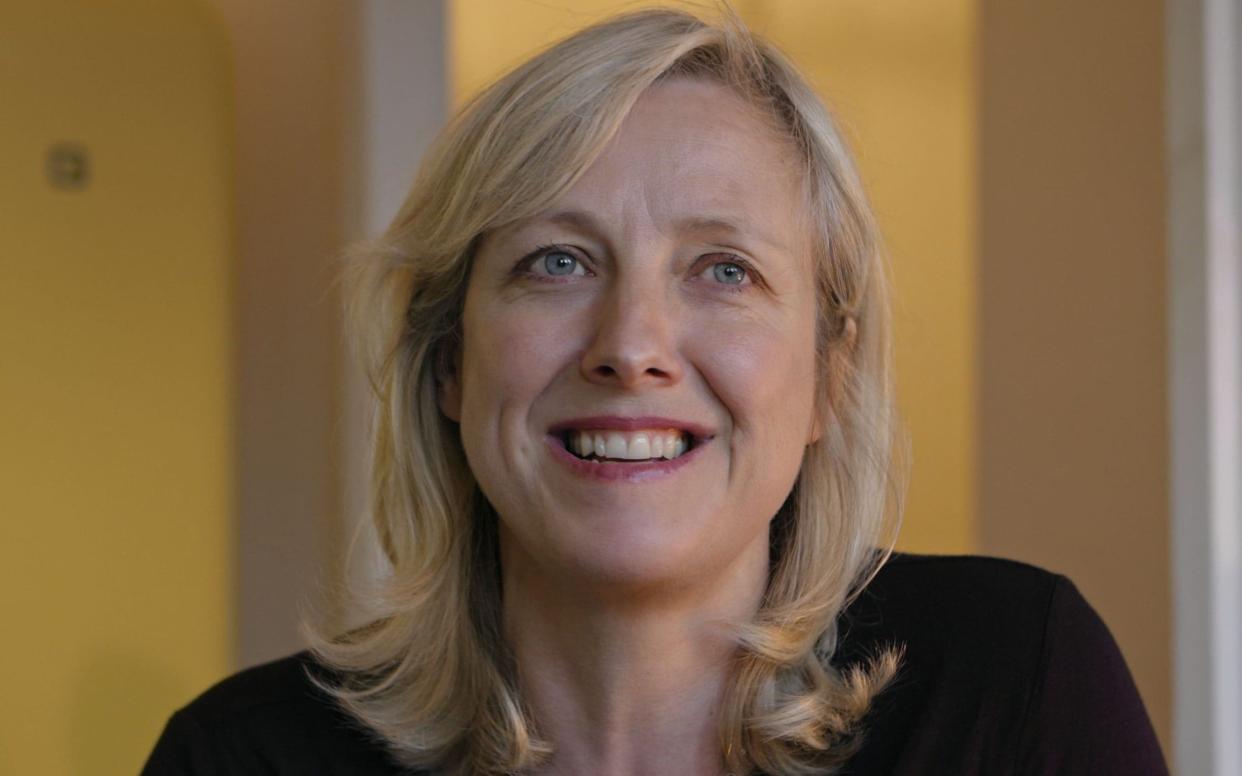The Great Hack review: This Netflix documentary is incomplete but deeply disturbing

Cambridge Analytica: players or chancers? Probably not as big as its executives bragged at their height, but an awful lot more involved in electoral chicanery than they would now like us to believe in the wake of media and legal scrutiny. The now-defunct, self-styled “behavioural change agency” collaborated with Facebook to build psychological profiles from its user data and further the ends of their political paymasters. Oscar-nominated directors Karim Amer and Jehane Noujaim dug into this fiercely complex, contradictory story in The Great Hack (Netflix), a documentary assessing the use and abuse of our personal data.
The absence of any interviewee admitting to having had their mind changed by any of this presented a problem in assessing the actual impact, but the threat represented by the company’s dealings with Facebook, alongside the associated moral and ethical failings, was all too real. “There was always going to be a Cambridge Analytica. It just sucks for me that it was Cambridge Analytica,” lamented its former COO Julian Wheatland, as if he were the ultimate victim in all this.
Amer and Noujaim told the story through two well-chosen protagonists: David Carroll, an American academic who sued Cambridge Analytica to access his harvested personal data (the company went into liquidation before meeting its legal obligations); and Brittany Kaiser, a disillusioned former Obama campaigner, seduced into working for Cambridge Analytica on some of its seediest projects before apparently seeing the light and turning whistleblower.
Carroll was an uncomplicated, crusading hero whose question “How did the dream of the connected world tear us apart?” was gamely if incompletely tackled here; Kaiser came across as an unreliable narrator of her own story and as good an embodiment as any of the moral and ethical contradictions, evasions and inconvenient truths at the heart of this ongoing story.
Amer and Noujaim leaned heavily on work already done by journalists (notably the estimable Carole Cadwalladr) and assorted Parliamentary and Congressional inquiries, gallantly marshalling this mass of material in a cogent, useful first draft of the mess we’re in.
This was an issue that transcended left vs right, Remain vs Leave or Democrats vs Trump. Even Russia and Julian Assange only had cameo roles to play at the end, while Cambridge Analytica resembled more unethical mercenaries than partisan ideologues. Instead, The Great Hack worked best as a prologue to a looming crisis that should be of concern to us all: how can electoral laws be deemed fit for purpose when democratic processes are at the mercy of apparently unaccountable, amoral tech giants? Inevitably incomplete but profoundly disturbing, it was a reminder of how little we really know about what happened and is most likely still happening. It may give your next batch of algorithmic Netflix recommendations an added piquancy.